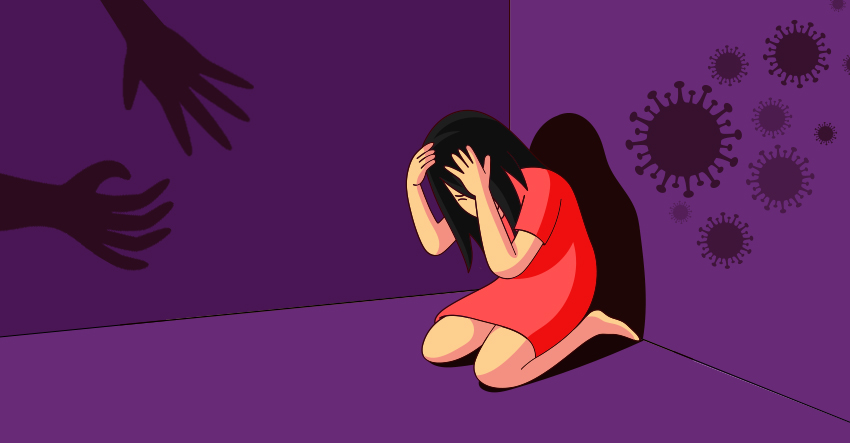
Images used courtesy of Freepik.com
Nine years ago the United Nations General Assembly adopted Resolution 66/170 declaring October 11 as the International Day of the Girl Child, as a recognition of girls’ rights and the unique challenges girls face around the world. This was in fulfillment of the Beijing Declaration and Platform of Action in 1995 that there is a need to take the necessary steps in safeguarding equal rights for girls and ensure that they will achieve their full potential as human beings. These world leaders also vowed to eliminate violence and discrimination towards girls and to provide equal opportunities in education. The world leaders commit to the empowerment of girls in the social, economic, political, and cultural sphere.
Even with the leaps and bounds in promoting women’s rights and gender mainstreaming, the fact remains that a large number of girls are still being raised as submissive, trained to be domesticated and voiceless. They are made to think that the ultimate dream of a woman is to get married as we often heard from girls. We are not saying that it is wrong to dream to be with your prince charming but should the girls dream more?
Today it has been observed that girls start early to make beauty their pre-occupation instead of exploring and honing their potentials. High schoolers spent more on beauty products and spent hours looking at the mirror rather than discovering what lies beneath their skin. They experiment with clothes and boys rather than experimenting with their strengths and power as girls.
Countless girls have been victims of violence and abuse such as incest, rape, harassment, and assault. How many girls have gotten pregnant because of the sexual abuse they experienced from the hands of the people who are supposed to protect them? How many girls have suffered sexual abuses and no justice being served because of cultural practices? How many girls stopped going to school because the family is in dire economic difficulty? How many girls are being called weak and dumb by their families and community? How many girls have not received correct and appropriate information on their reproductive health and rights?
The COVID-19 pandemic has impacted a lot in the lives of the people and communities. People including children are forced to stay at home. Schools are closed and this in effect forced children to stop school and stay at home, making them more exposed to domestic violence and sexual abuse.
Economic difficulties of families because of work stoppage make girls vulnerable to sexual exploitation like child trafficking, child prostitution and child pornography. Several narratives from girls revealed that there were offers of money from online predators in exchange for nude pictures and sex talk during the lockdown. Other girls have been offered money by strangers in exchange of sex. Cases of sexual abuse that affected children especially girls have been reported during the lockdown. There were girls whose pictures were used in social media paraded as sex video scandals and girls selling sex. These girls were maligned and labeled in social media causing anguish and embarrassment which sometimes led to think of ending their lives.
Recent news showed there is a surge in teenage pregnancy during the pandemic and some of them could be result of sexual abuse. Girls also have experienced emotional abuse because of the expectations that they should perform household chores and this was heightened during the lockdown when all family members were cooped in the house.
Nine years ago world leaders tried to address these scenarios by passing resolution 66/170 because they promised the girls through the Beijing Declaration and Platform of Action in 1995 that they would commit to improve the lives of girls. But are there efforts to translate the resolutions into concrete steps?
Yes, promotion of women’s rights and gender mainstreaming are being done at the national as well as at the local level but does it include girls? Twenty-five years ago inclusion of girls’ rights and their well-being have been already put in print through the Beijing Platform of Action but are there programs which implemented and ensure that these are being enjoyed by girls.
Today’s girls are our future women and we will be leaving this world to them. Do we prepare these girls for the tasks of decision-making, leading, running, and nurturing the society? Or we just let our traditional views of women flow and inculcated to the girls’ minds?
This year’s theme is “My Voice, our Equal Future” will serve as an opportunity for us to have a closer look if indeed we recognized, counted, and invested in girls as our future women who might eventually lead our society.
Jeanette Ampog is the executive director of the Talikala, Inc, a non-governmental organization that offers support, advice, training, and counselling to women and girls who have been forced into sex trade in Davao City.
davao city, day of the girl, girls, Human Rights, international day of the girl, Mindanao, philippines, women, women's rights, Youth & Children









